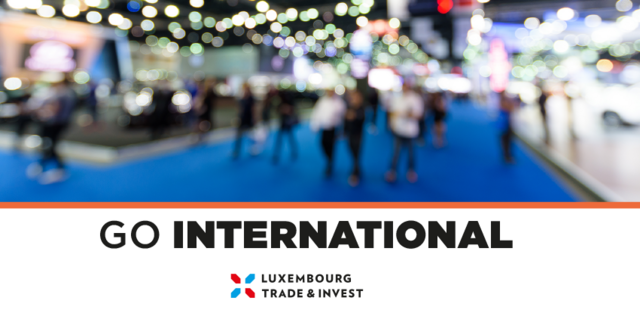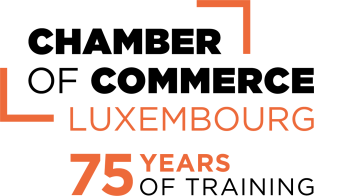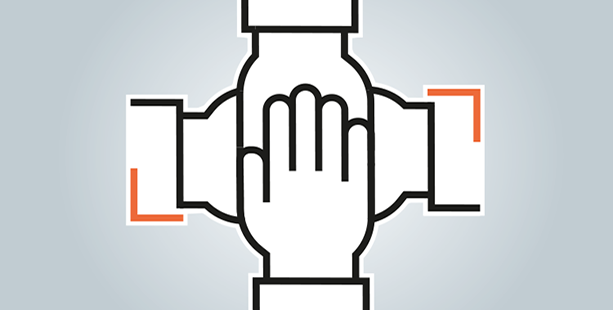
International Affairs

The Chamber of Commerce of the Grand Duchy of Luxembourg, together with Hub Brussels, AWEX and the Arab Belgian Luxembourg Chamber of Commerce, organized a multi-sectoral trade mission to Jordan and Lebanon from the 7th to the 11th of May 2018.
The joint trade mission started in Amman. Jordan is an emerging economy oriented towards services, open to foreign trade and an important gateway to Iraq. Largely liberalized and privatized in the 2000s, Jordan's economic growth is expected to reach 2.5 percent by 2020. The main economic issues of the coming years are related to infrastructure development. Demographic and economic growth generates significant needs in the areas of water, energy, waste and urban transport. The "Jordan 2025" strategy, published in 2015, is the road map for the next ten years, with $ 20 billion in planned investments.
As part of the mission to Jordan, the organizers paid a visit to the Amman Chamber of Commerce and Industry, Jordan’s oldest and largest chamber of commerce. The Deputy Vice Chairman, Ghassan Kherfan, underlined the aim of strengthening bilateral ties between the three countries and exploring new potentialities. He reminded the delegation of Jordan’s strategic position, especially for business with Iraq and the special economic zone of Aqaba, the only port of Jordan at the crossroad of four countries. The construction of a new convention and exhibition center on the road between Amman and the airport will position Jordan as a destination for business and commerce in the region.
The Jordanian economy is mainly made up of SMEs who have trouble meeting European standards. A workshop organized with the support of the delegation to inform Jordanian companies on the regulations to be respected for exporting to the EU would be welcomed. This workshop could take place in the framework of a visit to Brussels and Luxembourg by a Jordanian delegation end of 2018 or next year.
At the second appointment, H.E. Mr. Yarub Qudah, Jordanian Minister of Industry, Trade and Supply, reiterated the importance of Jordan's strategic position for the reconstruction of Iraq, it is indeed possible
to export from Jordan to Iraq without paying customs duties.
The logistical airport in Mafraq could be used as a platform. A lunch with Minister Pierre Gramegna, present in Jordan for the EBRD governor’s meeting and a reception hosted by H. E. Mr Henrik Van de Velde, Ambassador to Belgium in Jordan, concluded the visit in Amman.
The next two days were spent in Lebanon and mainly focused on B2B meetings. Open, French-speaking and with very active private operators, the Lebanese market is particularly welcoming European products. It constitutes a springboard to the region's markets as well as to Africa. According to Moody's forecasts, GDP in Lebanon is expected to grow by almost 3% in 2018. Lebanon has many strategic advantages, including its geographical proximity to Syria, compared to other countries that are eyeing this $ 220 billion project. The vitality of the main economic sectors (real estate, banks, tourism and consumption) makes Lebanon a very dynamic market. At the public level, growth sectors are those of infrastructures (electricity, national plan to develop renewable energy, tenders for offshore hydrocarbon exploration, establishment of sewage facilities and water treatment plants). At the private level, these are traditionally importing sectors, such as construction accounting for 15% of GDP, food, luxury goods, health sector and information technology. Hospitality is key in the region, the reception organized by H. E. Alex Lenaerts, Ambassador to Belgium in Lebanon, gathered some 100 local business men.
Participating companies had tailor-made business meetings with local companies and institutions in both countries. The Luxembourg delegation was impressed by the high level of innovation and the desire of cooperation of the local companies. Both countries are indeed in search of expertise in diverse sectors: energy, environment, finance, logistics, construction and infrastructure.




